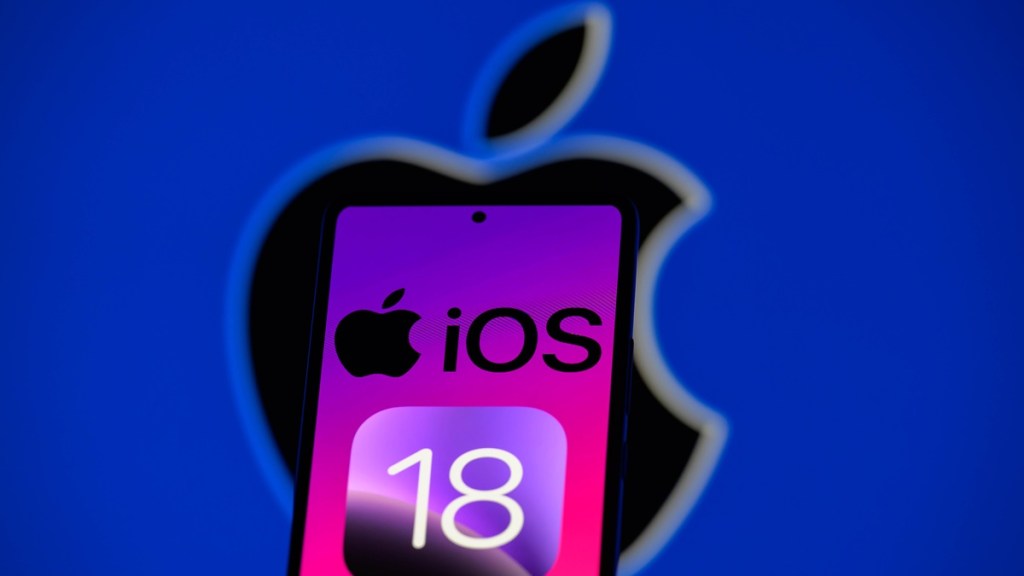In order to produce advanced image sensors for the iPhone 18, Apple is collaborating with Samsung. The partnership, tied to Apple’s expanding U.S. manufacturing efforts, involves Samsung’s Texas-based semiconductor facility. This marks the first time Apple is moving part of its sensor production away from supplier Sony.
Does Apple need Samsung’s help in iPhone 18 production?
Apple is partnering with Samsung to manufacture image sensors for the upcoming iPhone 18. This marks a significant shift in Apple’s supply chain strategy. Samsung’s semiconductor plant in Austin, Texas, will produce the advanced three-layer stacked image sensors. They are expected to power the camera systems in Apple’s 2025 iPhones. These sensors will be developed using an entirely new chipmaking technique that Apple claims has never before been implemented globally.
Currently, Apple sources its image sensors exclusively from Sony, whose production is based in Japan and managed through TSMC. However, with the U.S. preparing to impose tariffs on imported semiconductors, Apple appears to be shifting more of its production to the U.S. Sony lacks chipmaking facilities in the United States, meaning its components will be subject to upcoming tariffs on foreign-made semiconductors.
Responding to the report, Sony said in a statement to The Financial Times, “We remain confident that we are advanced in providing sensor technology to our customers, and we will focus on continuing further technological advancement through larger sensor size and density.”
The partnership also forms a key part of Apple’s expanded American Manufacturing Program. Originally a $100 billion initiative, it has now grown into a $600 billion commitment. It aims to strengthen domestic production and reduce overseas dependency. According to Apple, chips made at the Austin plant will improve energy efficiency and overall performance across its devices, including iPhones shipped worldwide.
Apple said in a statement, “By bringing this technology to the US first, this facility will supply chips that optimize power and performance of Apple products, including iPhone devices shipped all over the world.”
Originally reported by Disheeta Maheshwari on Mandatory.











